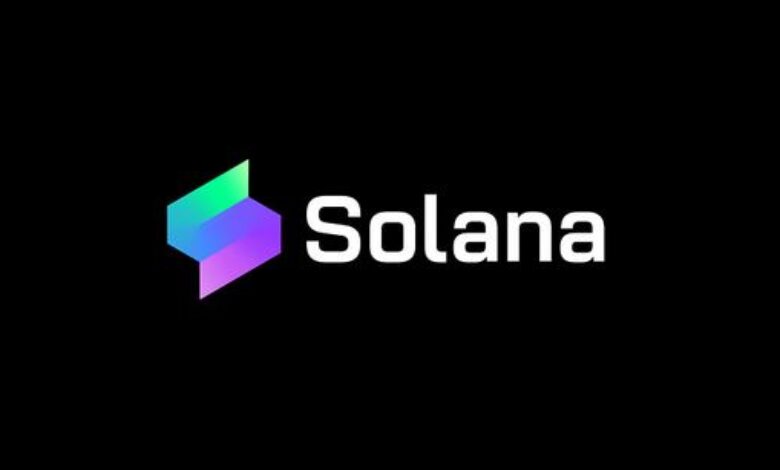Solana Foundation Expels Validators Facilitating Sandwich Attacks from Delegation Program

The Solana Foundation has taken decisive action against a group of Solana (SOL) validators allegedly involved in facilitating sandwich attacks on crypto traders.
Over the weekend, more than 30 validator operators were removed from the Solana Foundation Delegation Program, effectively stripping them of payout boosters for validating transactions on the Solana blockchain.
These validators, predominantly of Russian origin, were ousted from the delegation program due to their suspected involvement in what’s known as a “sandwich attack”—a tactic where bots execute trades before and after a pending transaction to manipulate asset prices and exploit traders for profit.
The root of this issue lies in the use of mempools, which serve as waiting rooms for unconfirmed transactions. While Solana itself doesn’t have a native mempool, third-party validator software developed by Jito Labs once provided this functionality. However, in March, amid concerns over incessant and costly sandwich attacks during Solana’s meme coin frenzy, Jito Labs disabled the mempool function. Despite this, whispers of underground mempools facilitating sandwich attacks quickly emerged, with some operators reportedly raking in substantial profits.
In response, the Solana Foundation has cracked down on validators participating in mempools enabling such attacks. This move aligns with the Foundation’s commitment to curbing malicious activities within its ecosystem and protecting users from exploitation.
Tim Garcia, Solana validator relations lead, emphasized that operators engaged in harmful activities, including involvement in private mempools for sandwich attacks, will face expulsion from the delegation program.
It is worth noting that the Solana Foundation Delegation Program, designed to support validators by assigning them SOL tokens, aims to maintain the integrity of the Solana network. Validators play a crucial role in block creation and transaction verification, and their selection is based on performance criteria.
Mert Mumtaz, co-founder of Solana remote procedure call provider Helius, highlighted the Foundation’s dedication to preventing retail users from falling victim to exploitation by unscrupulous operators. He highlighted the Foundation’s commitment to safeguarding user investments and maintaining trust in the Solana ecosystem.
In conclusion, for those who consider cryptocurrency as a joke or cite its potential for facilitating malicious activities, recent events, especially that within the Solana ecosystem, serve as a powerful reminder of the proactive measures being taken by industry stakeholders.
The actions taken by foundations and platforms to address and penalize individuals engaged in such activities demonstrate a heightened awareness and commitment to upholding integrity within the crypto space. Such initiatives not only signal a maturing industry but also highlight the collective responsibility to foster trust, transparency, and accountability, ultimately strengthening the foundation for the future of cryptocurrency adoption and innovation.





